As Brics lures Malaysia and Thailand in a ‘crumbling’ world order, is Asean OK?
Malaysia’s push to join Brics has largely been driven by Anwar’s broader rhetoric around championing the Global South and challenging perceived Western double standards, according to regional foreign policy experts.
The Malaysian prime minister has been vocal on issues that align with the overall Brics ethos, ranging from the need for multipolarity to diversified economic development, said Thomas Daniel, a senior fellow specialising in foreign policy and security studies at the Institute of Strategic and International Studies in Malaysia.
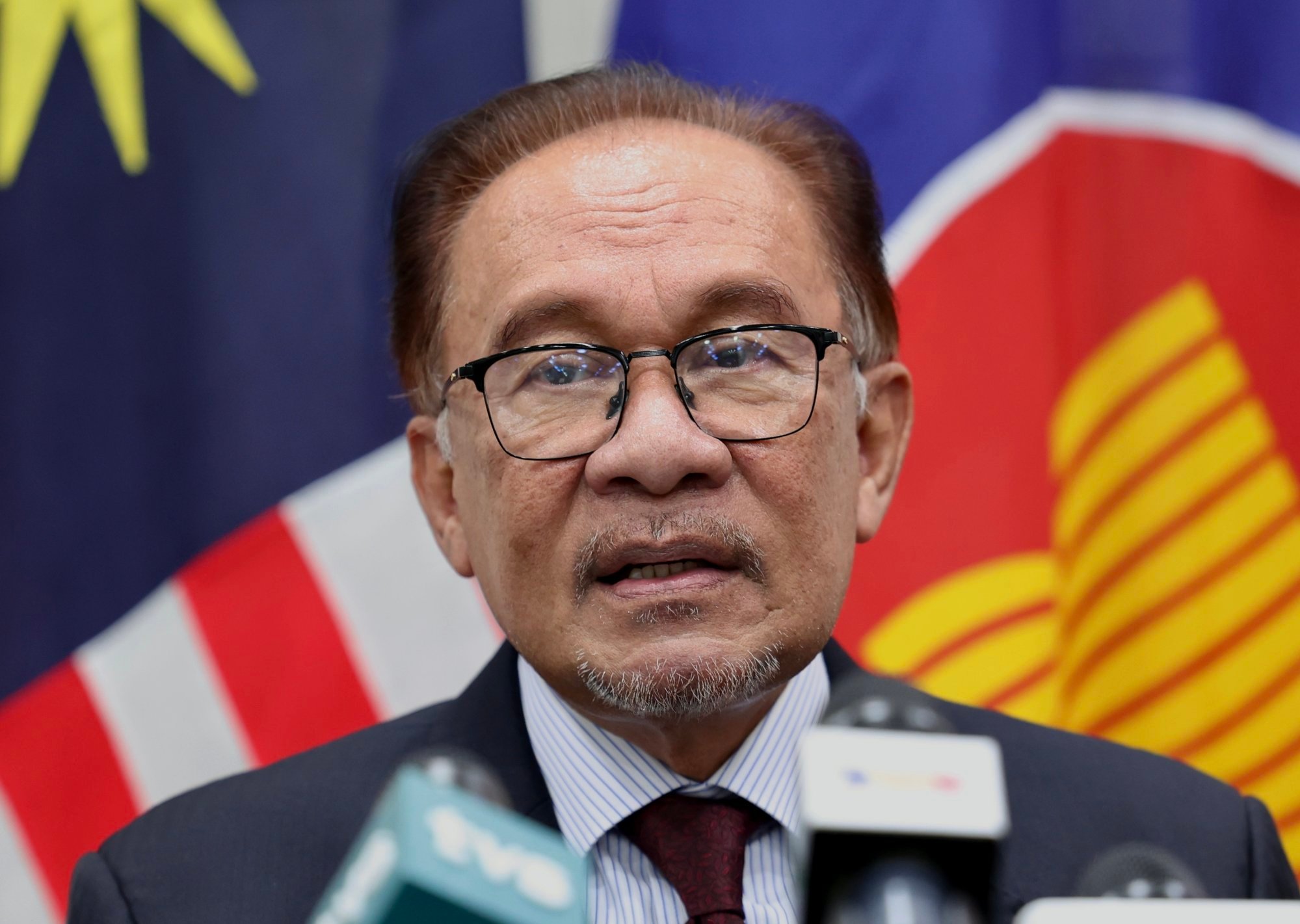
In a recent Facebook post, Anwar called for championing “the rise of the Global South” and fostering a world where “every nation has a seat at the table and a voice in shaping a collective future” – sentiments that dovetail with Bric’s positioning as an alternative to Western-led institutions.
Many Asean members also belong to other organisations such as the Organisation of Islamic Cooperation, Indian Ocean Rim Association, and the Asia-Pacific Economic Cooperation forum.
Asean centrality will be further eroded
“Membership of these organisations did not diminish the importance of Asean for its members and neither would Brics,” he said. “To imply otherwise is to reduce the agency, flexibility and resilience” of Asean.
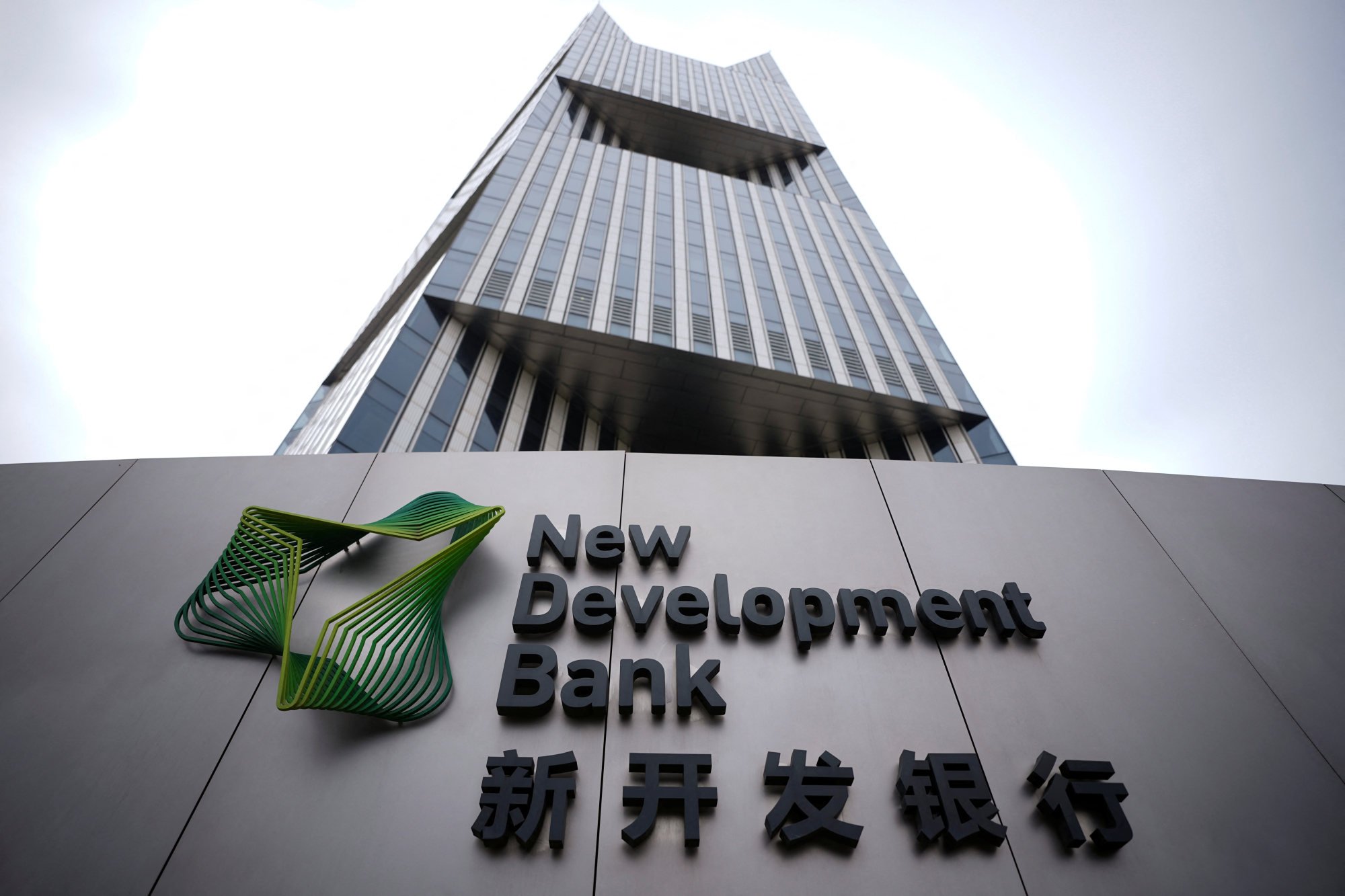
‘A strategic move’
Ayu Anastasya Rachman, head of the international relations department at Universitas Bina Mandiri in Indonesia’s Gorontalo province, said joining such a consortium of major emerging economies could provide better access to lucrative markets, increased foreign investment, and opportunities for collaborative infrastructure projects.
“Joining Brics can also be seen as a strategic move to diversify economic partnerships and reduce dependence on Western-led financial institutions,” she said, adding that Brics membership could ultimately strengthen Southeast Asia’s voice and influence in global affairs, if managed effectively.
Indonesia’s potential Brics accession is under greater scrutiny, however, due to the country’s status as Southeast Asia’s largest economy and its leadership role within Asean, Ayu said, emphasising that Jakarta must carefully balance the advantages of Brics membership against concerns about overreliance on another economic bloc.
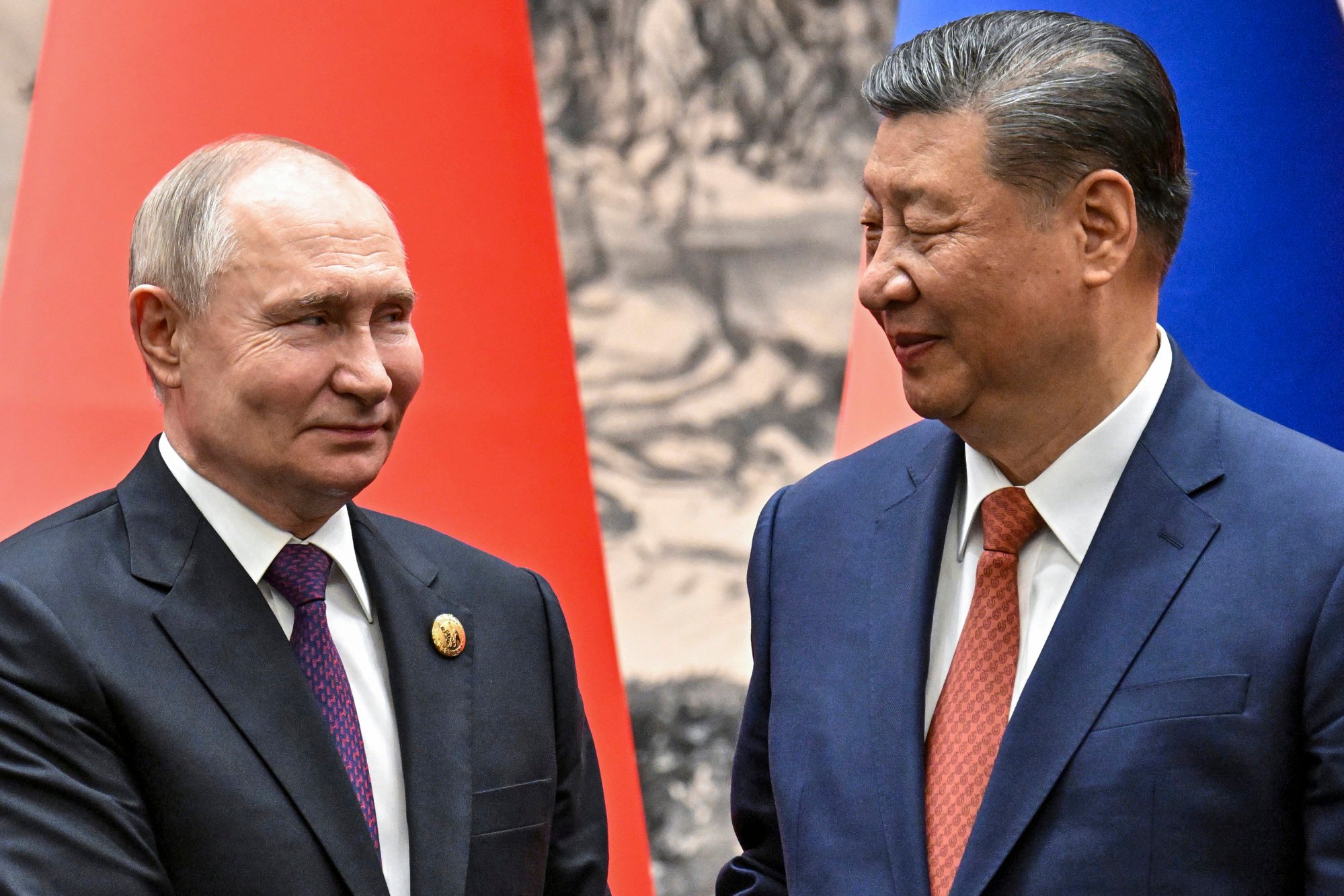
China, as the driving force behind Brics expansion, aims to make the grouping more representative of the developing world and amplify its collective voice on the global stage.
Many in Indonesia have advocated for the country to join the Organisation for Economic Cooperation and Development rather than Brics so as not “to be seen as aligning too closely to China”, according to Sharon Seah, coordinator of the ISEAS-Yusof Ishak Institute’s Asean Studies Centre.
With Indonesia poised to become the world’s fourth-largest economy, engaging more with developed OECD economies may bring more benefits, she said.
“It is not clear what the comparative advantage of the Indonesian economy is when compared to other large developing economies” such as those in Brics, she said.
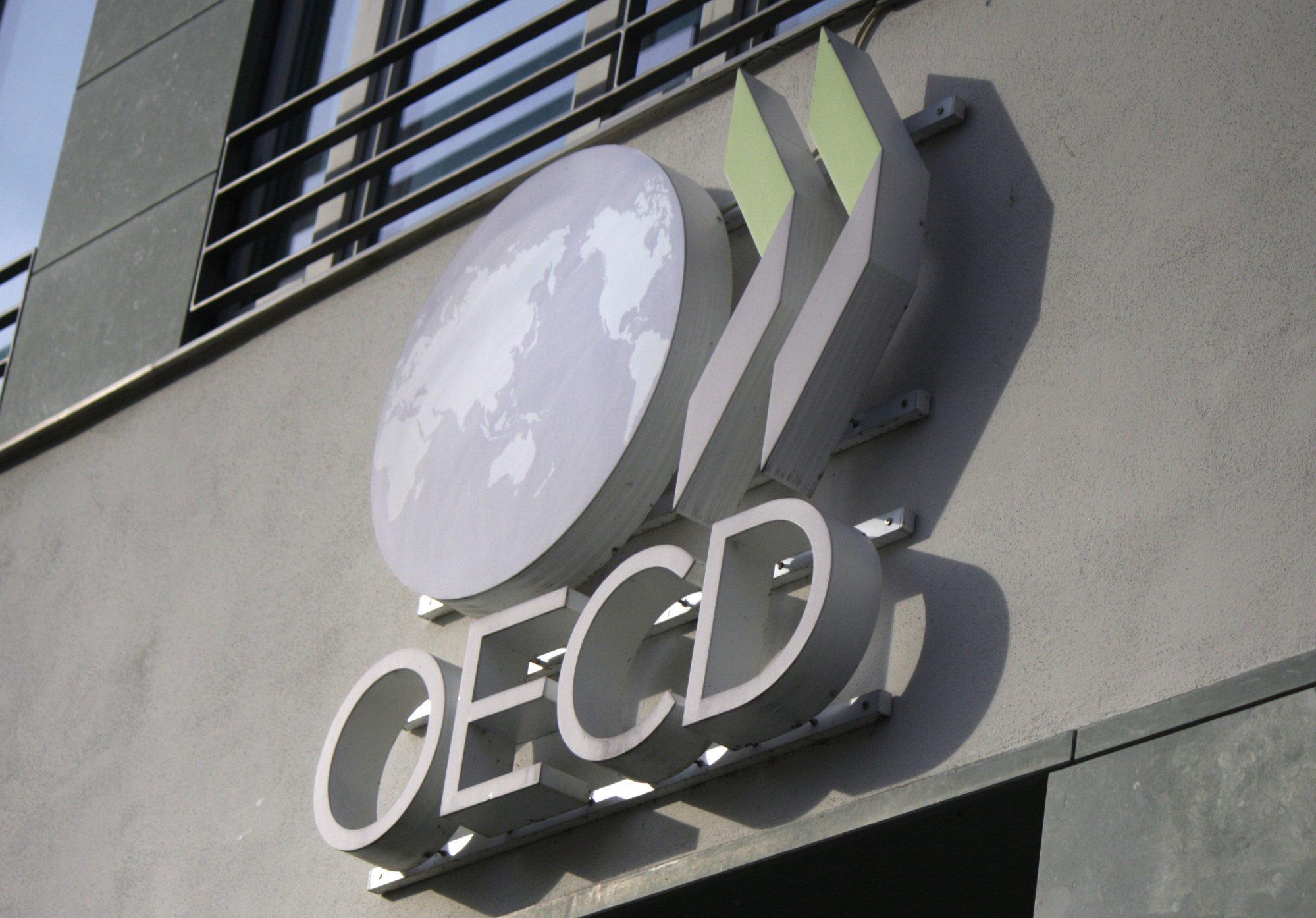
Asean member states opting to also join Brics could become a divisive issue for the regional bloc, according to Thitinan Pongsudhirak, a professor of political science and international relations at Thailand’s Chulalongkorn University.
“Asean centrality will be further eroded”, he said, referring to the bloc’s core tenet of positioning itself as the primary platform in Southeast Asia for addressing regional challenges and engaging with external powers.
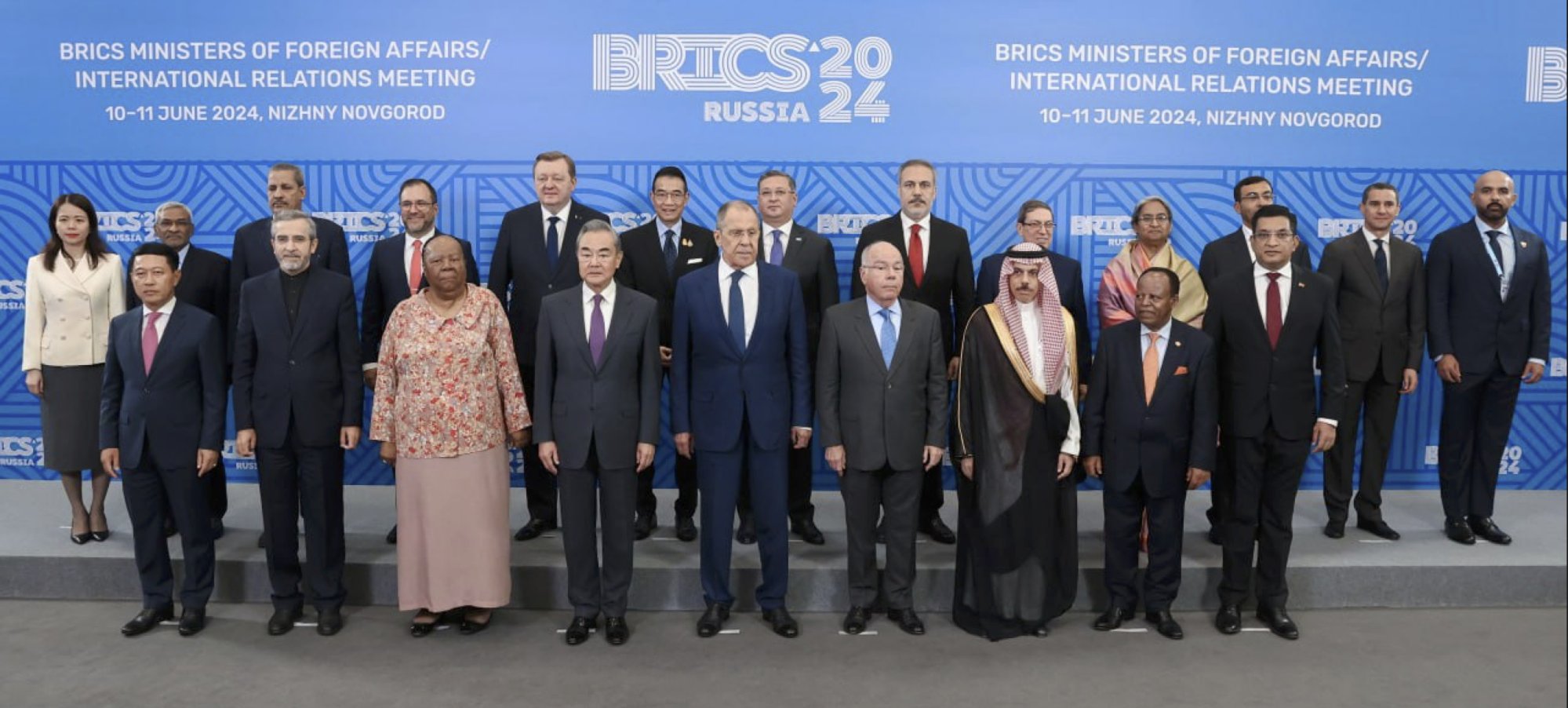
The professor also criticised Thailand’s potential Brics membership as “misguided” and a liability for the country’s international standing and credibility. Brics has evolved from a primarily geoeconomic platform for emerging economies to a geopolitical projection in the intensifying conflict between “the West” and “the Rest”, he said.
The Asean Economic Community Blueprint 2025, which aims to spur greater economic integration among member states, envisions building a highly cohesive, competitive, and innovative regional economy that is deeply connected.
But even enhanced cooperation between developing countries wouldn’t be enough to overcome global supply chain disruptions, Seah said, calling it unrealistic for the Global South to dominate entire supply chains.s.

“The nature of a globalised economy means that different component parts are produced in different parts of the world leveraging the different technologies and resources,” Seah told This Week in Asia.
She said Southeast Asian nations’ desire to join Brics should spur Asean to deepen its own regional integration, which has slowed due to changing geopolitics and rising protectionism.
Ultimately, the crumbing international order “should give Asean greater impetus to integrate more fully,” Seah said. “So that its members need not look outwards”.